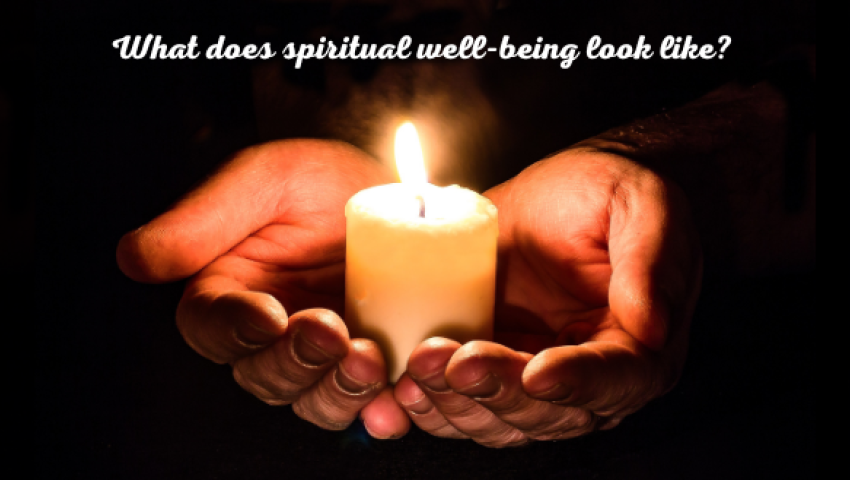Finding meaning and purpose is not something you find overnight, in a day, in a month, or even a year but may-be a lifelong process that evolves based on your unique circumstances and individual experiences. Throughout life, an individual’s level of spiritual well-being may fluctuate.
Experiencing emotions is a natural response as you navigate your individual journey to spiritual well-being. Those reactions may be both positive (hope and joy) and negative (fear, doubt, and disappointment).
Individuals who practice and are aware of their spiritual well-being are self-accepting, can find meaning and purpose in their lives, display a positive outlook, and have a strong sense of self-worth with feelings of harmony. Individuals who may need to reexamine their spiritual well-being may experience anxiety, a loss of meaning, self-judgment, apathy, and conflicting values. The individual may think they need to improve themselves.
